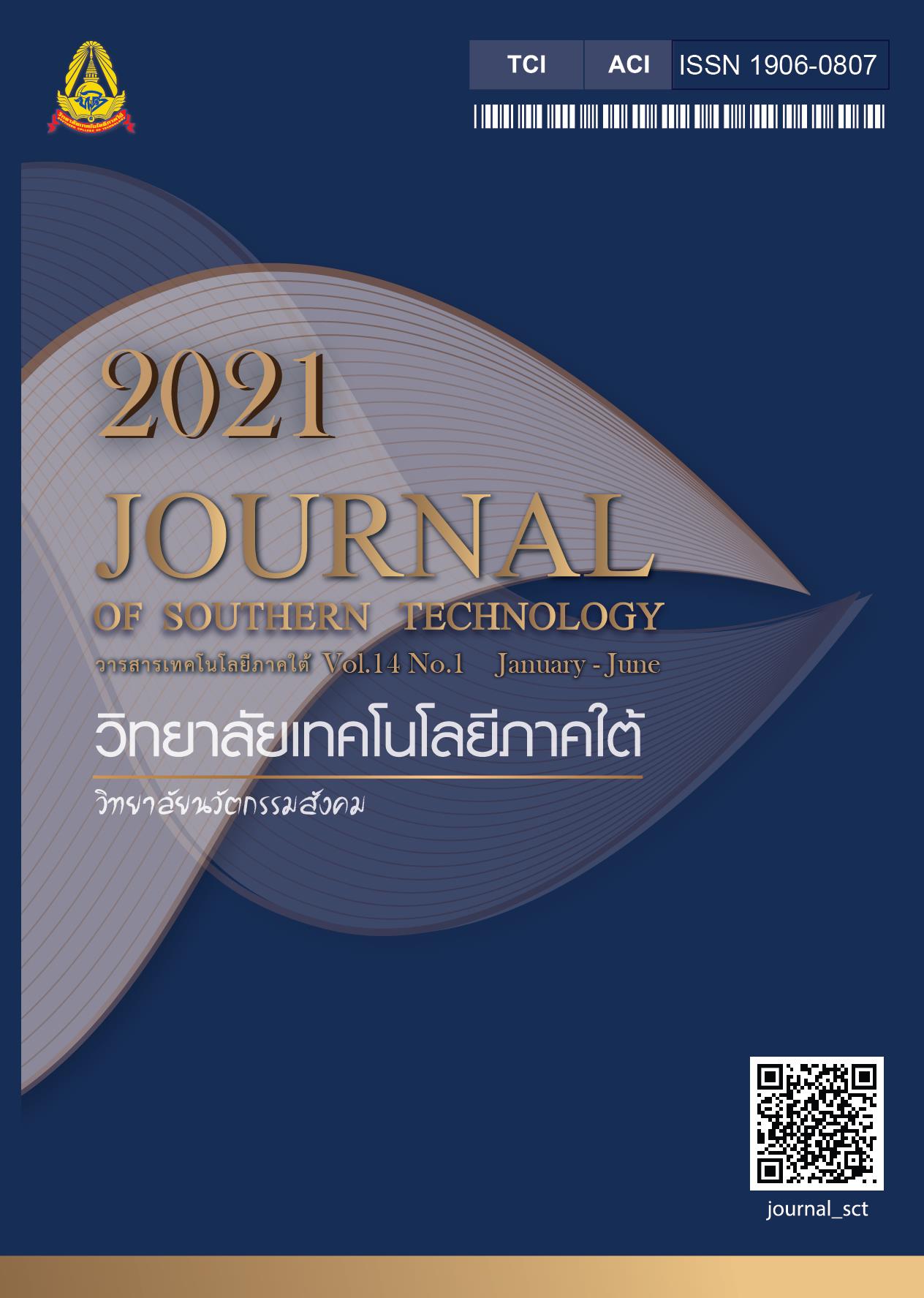A Study of Changes in Teaching Behaviors Resulting from Using the Integration of the Concept of CCR of Instructors in Teaching Profession Groups, Faculty of Education, Rajabhat University
Main Article Content
Abstract
Changes in the four-year curriculum of teacher education program which is transformed into a competency-based curriculum has led the learning methods to be reformed in order to be in line with this curriculum shift. However, it appears that the recent competency test results concerning the teaching profession did not achieve the specified criteria. This problem contributes to the development of a new learning management method in the teaching profession group. The changes of this learning management of the instructors can directly affect the development of the learning management skills of the learners. This research aims to study the effects of learning activities which integrate the concept of contemplative education, coaching and mentoring, and research-based learning on teaching behaviors of the instructors at Faculty of Education, Rajabhat University. The population of the development was 127 instructors working in the teaching profession groups of the northern Rajabhat University group which obtained by purposive sampling. There are 3 phases of this research and the data collection was performed by using an assessment form of course specification and an observation form of teaching supervision. The quantitative data were analyzed by mean and standard deviation. The qualitative data were analyzed using content analysis.
Results revealed that the development of instructors in the teaching profession group by integrating the concept of contemplative education, coaching and mentoring, and research-based learning or what is called “CCR concept” can cause the instructors to change their teaching behaviors. This changes start from creating a learning management plan with CCR concept for learning activities in teaching. According to the results of the follow-up teaching supervision of these instructors, it was found that the mean score increased both in the overall and in individual items. In addition, the qualitative data showed that they have changed their teaching behaviors by applying the knowledge and understanding from the training about the learning activity process as well as integrating the CCR concept into the classroom at a very good level. From the monitoring of classroom supervision, it was found that the instructors changed their teaching behavior by using a variety of activities based on the concept of contemplative education, coaching and mentoring, and research-based learning such as using singing, playing games, searching for information, using questions, individual activities, group activities, and presentations in front of the class. Allowing students to gain knowledge, understanding, practice, and show their opinion. Besides, it was noticed that the instructors used more variety of learning materials in order to stimulate and promote students’ learning in the classroom.
Article Details
-
Authors must agree to the journal publication rules and allow the editors to edit the manuscripts for publication.
-
Author’s right belongs to the author but Journal of Southern Technology holds the right of first publication and thus allow readers to use the article for the purpose of education but not commercial.
References
Ampanon, K. (2018). The development of learning management that promotes thinking skills by using mind mapping for students of the faculty of education at Phetchabun Rajabhat University. Phetchabun Rajabhat Journal, 20(2), 87-101. [in Thai]
Kaemmanee, T. (2015). Teaching Pedagogy: Knowledge of Effective Learning Management (15th ed.). Bangkok: Chulalongkorn University. [in Thai]
Mckinney, K. (2008). Sociology through Active Learning. Retrieved November 12, 2012, from http: // www. teachtech.ilstu.edu/additional/tips/newActive.pdf.
Methawut, P. (2015). Teaching and Learning Based on Research (3rd ed.). Bangkok: Chulalongkorn University. [in Thai]
Mezirow, J. (2003). Tranformative learning as discourse. Journal Tranformative Education, 12(1), 58-63.
Panich, W. (2018) Paths to Creating Learning for 21st Century Students (3rd ed.). Bangkok: Sodsri-Saritwong Foundation [in Thai]
Panyapinitnukul, C. (2015). Effects of Contemplative Education on Learning for Personnel Changes Boromarajonani College of Nursing Bangkok. Boromarajonani College of Nursing Journal, 28(2), 38-51. [in Thai]
Pusiripinyo, V. (2018). Developing a teaching model integrated the concepts of contemplative education, research-based learning, coaching for preparing student teachers, majoring in English to community. Academic Journal: Buriram Rajabhat University, 10(2), 97-122. [in Thai]
Reungdam, S. (2018). The Effects of Integrating the Concept of Contemplative Education, Coaching and Mentoring and Research-based Learning to Change Teaching Behavior and Development of Teaching Competency of Teacher Students in Thai Language major. Narkbhut paritat: Nakhon Si Thammarat Rajabhat University, 10(2), 15-25. [in Thai]
Sinlarat, P. (2016) The Creative and Productive Education. Bangkok: Chulalongkorn University. [in Thai]
Thongtavee, C. (2015). Contemplative Education: Education for Human Development. Nakhon Pathom: Contemplative Education Center Mahidol University. [in Thai]
Wasi, P. (2017) The Education System Curing the Whole Country’s Poverty (3rded.). Nakhon Pathom: Comtemplative Education CenterMahidol University. [in Thai]

